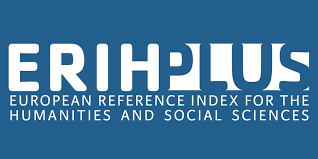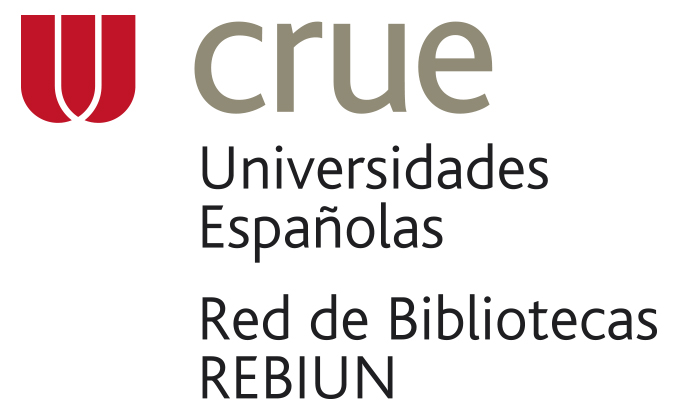THE DE-HELLENIZATION OF CHRISTIANITY IN THOMAS HOBBES
DOI:
https://doi.org/10.21703/2735-634520121421954Keywords:
Hobbes, materialism, faith, reason, HellenismAbstract
Thomas Hobbes is widely known due to his work on political philosophy. However, although less known, there is an important hobbesian theological reflection, itself lo-cated within the protestant tradition. In this paper, we expose an important aspect of that reflection: his rejection of what he considers to be elements alien to the Chris-tian faith, taken from Greek culture and added by scholastic theology to the simple original Christian message. An important part of that addition would be Aristotle’s philosophy, assumed by Catholic theologians in order to explain articles of faith such as the doctrine of transubstantiation, or the existence of Purgatory. We show how this rejection is determined by the assumption of a materialist ontology and a sensist theory of knowledge. We end the paper showing briefly how Hobbes’ rejection of clas-sical culture is compatible with his account of Providence.
Downloads
Downloads
Published
Issue
Section
License

This work is licensed under a Creative Commons Attribution-NonCommercial 4.0 International License.
The Anales de Teología is an open access journal and does not charge for publication. In addition, it regulates its Copyright and access policy according to the Creative Commons Attribution-NonCommercial 4.0 International Public License (CC BY-NC 4.0), therefore sharing (reproducing and distributing the material in any medium or format) and adaptation (modifying, transforming, and creating from the material) is allowed as long as proper credit is given and the citation is included with the corresponding data. Moreover, it is not allowed to use the material for commercial purposes.




















